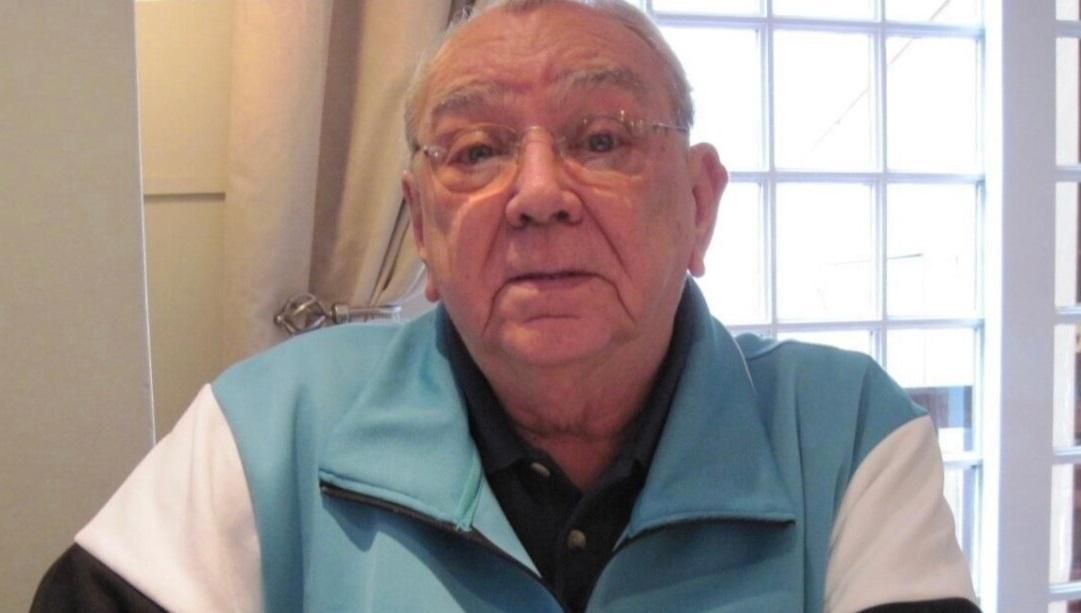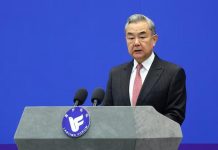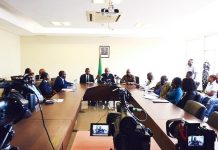Africa-Press – Mozambique. António Alves da Fonseca, a prominent Mozambican audio professional and advertising businessman, died in Maputo on Tuesday 12th at the age of 94.
Born on August 15, 1929, Fonseca joined the then Rádio Clube de Moçambique at the age of 25.
Among his achievements in broadcasting, as reported in 2022 by the Maputo daily O País, is the technical organisation of the report on the day of the proclamation of National Independence, June 25, 1975.
“Radio had a strong presence because, in addition to Notícias and Diário de Moçambique, it was the only means of transmission,” Fonseca told the newspaper.
At Rádio Moçambique, he took on management positions.
Alongside his career in broadcasting, Fonseca founded, in May 1957, the company GOLO Produções, which produced advertisements for local and international brands, and made radio programs, including live radio broadcasts of football, roller hockey and basketball matches.
António Fonseca had a strong connection to sports, as he had played basketball since the age of 16. He played for Ferroviário de Maputo, where he was team captain, as he was later in the Mozambique national basketball team.
He was always with his wife, copywriter Flávia, described by their grandson Thiago Fonseca as having “a natural talent for writing”.
Marrabenta promoter
At GOLO, which he founded in 1975, Fonseca facilitated the recording of marrabenta, the popular music genre from southern Mozambique.
“I started my studios in 1969, and started recording artists, but not with commercial intent,” Fonseca recalled in his 2019 tribute at the Marrabenta Festival in Maputo.
“What I did was nothing more than what I liked doing,” he said at the time, “and the marrabenta was one of the rhythms that reached my entire interior. There were many recordings without regard for who was recording, because I understood that I was contributing to Mozambican culture.”
The list of artists who recorded at the Golo studios includes Fernando Luís, Pedro Ben and António Marcos.
“Thank you old friend, you made me a man, I will never forget you; while others expelled us, he welcomed us,” musician António Marcos said in the same tribute.
“But, look, I did it with great pleasure,” Fonseca replied.
In 1977, two years after independence, with the country becoming communist, private advertising companies were closed, and the National Directorate of Advertising and Publicity took control of GOLO.
In the second half of the 1980s, Mozambique experienced changes. In 1986, GOLO resumed its activities and once again dominated the advertising market.
For More News And Analysis About Mozambique Follow Africa-Press






